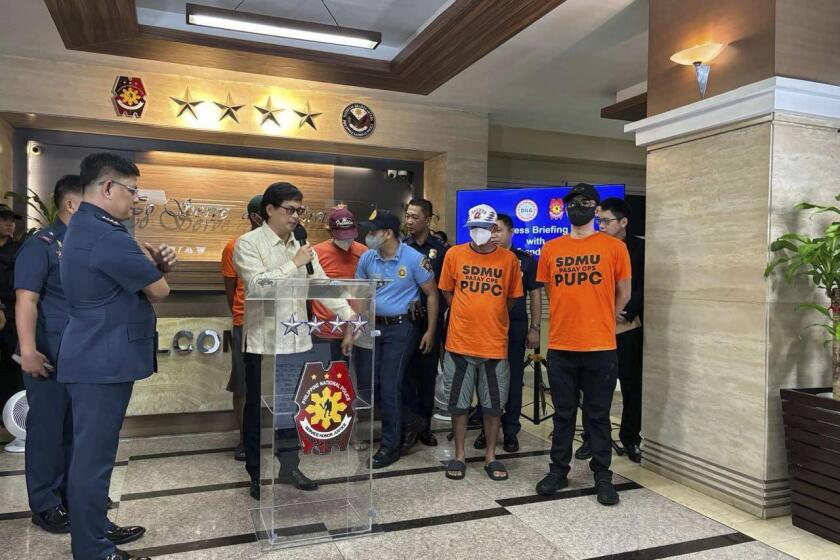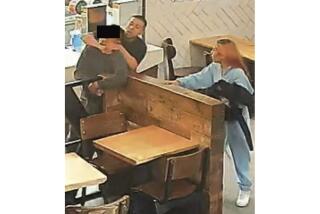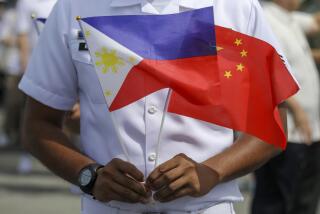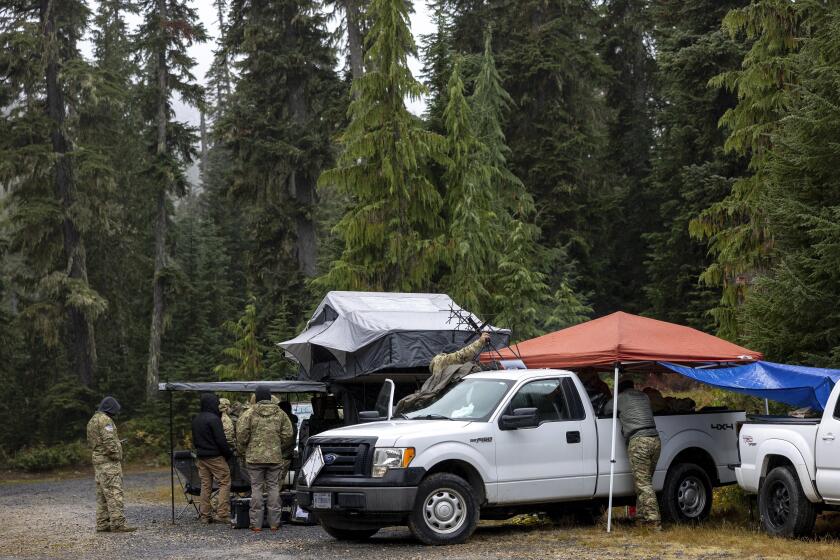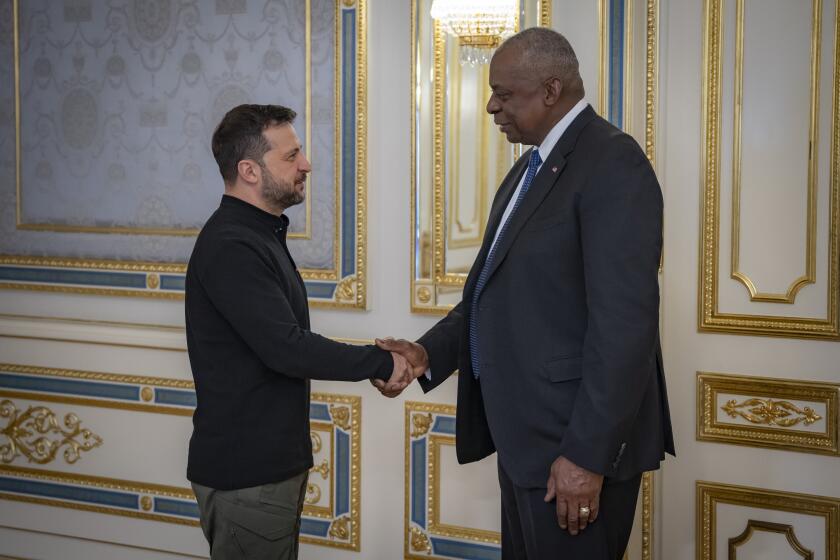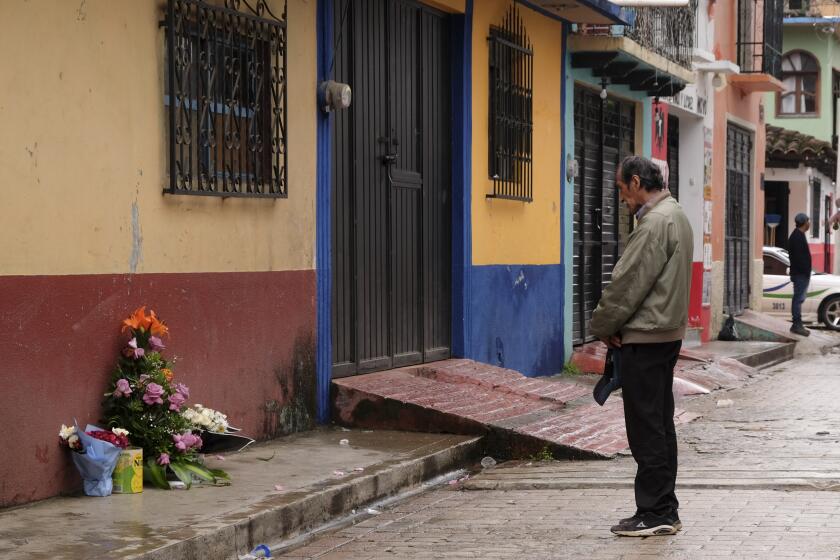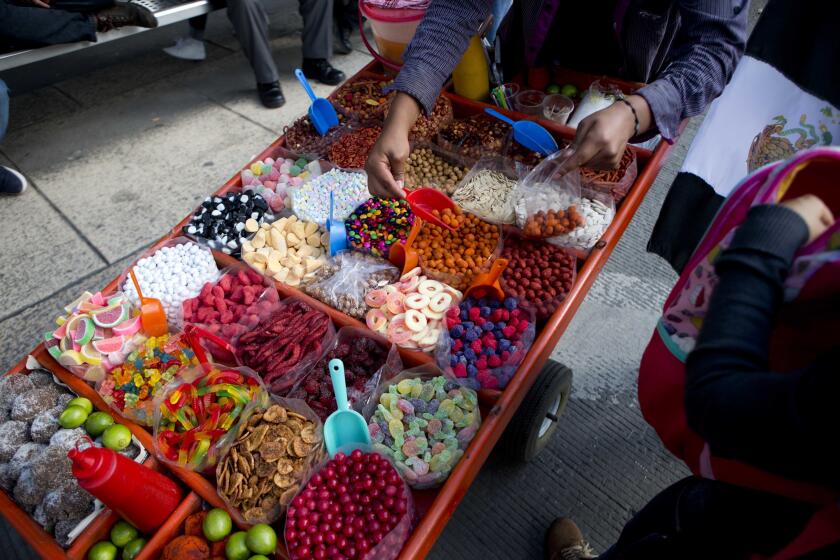Philippine court jails 17 militants for life for mass kidnapping of tourists
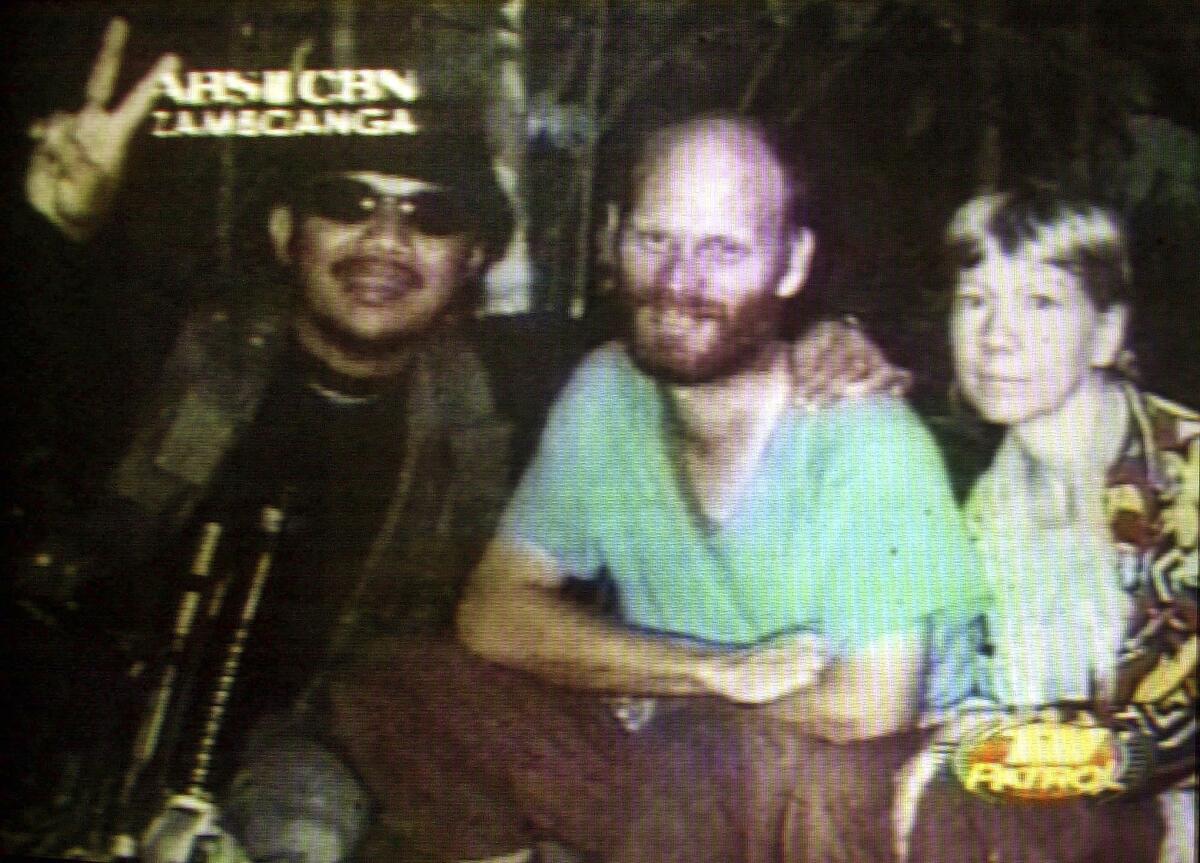
A Philippine court has convicted and sentenced to life 17 Islamic militants for kidnapping for ransom 21 people, including European tourists and Asian workers, from a dive resort in Malaysia more than two decades ago, officials said Monday.
The Filipino militants belonged to the small but violent Abu Sayyaf group.
Among those convicted by the Regional Trial Court in Taguig city, a suburb of the capital region, were two Abu Sayyaf leaders, Hilarion Santos and Redendo Dellosa, who had been included in a United Nations terrorism blacklist, the Department of Justice in Manila said.
The 17 were sentenced to life in prison with the possibility of pardon after 30 years, according to justice officials.
Philippine officials say four police officers in the capital region have been arrested for kidnapping for ransom four foreign tourists.
In April 2000, Abu Sayyaf militants, armed with assault rifles and machetes, traveled by speedboats from their southern Philippine jungle strongholds and raided the Sipadan Island dive resort in neighboring Malaysia, where they abducted 21 Western tourists and resort workers at gunpoint.
The militants are an offshoot of the decades-long Muslim separatist unrest in the southern Philippines, homeland of minority Muslims in the largely Roman Catholic nation. The Philippines and the United States both consider the Abu Sayyaf a terrorist organization.
The militants carried out bombings, ransom kidnappings and beheadings during their heyday starting in the late 1990s, but they have been weakened considerably by battle defeats, surrenders and infighting.
The hostages consisted of a German family of three, two tourists from Finland, a South African couple, a Lebanese woman and two French citizens. The rest were Malaysians and Filipinos who worked in the far-flung resort.
Three days after Islamic rebels kidnapped a group of tourists from the Dos Palmas resort on Palawan island, Philippine leaders struck back: They gave away a trip for two to the same resort.
They were taken by speedboats to the jungles of the southern Philippine province of Sulu, where they were held in harsh conditions before being mostly ransomed off using millions of dollars reportedly provided by then-Libyan leader Moammar Gadhafi.
Two Associated Press journalists, who were allowed by the Abu Sayyaf to interview the hostages while they were in jungle captivity at the time, saw most of the horrified captives sitting on banana leaves laid on the ground and surrounded by a fence of tree branches. Some rapidly scribbled letters and begged their families and embassies to send them food, water, medicine and find ways to free them.
After the hostages were freed, the Philippine military launched offensives that lasted several years and resulted in the killing or capture of most of Abu Sayyaf leaders and fighters.
Ghalib Andang, the militant who led the kidnapping, was killed by police commandos during an attempted jailbreak and siege in a high-security detention center in 2005 in metropolitan Manila.
Gomez writes for the Associated Press.
More to Read
Sign up for Essential California
The most important California stories and recommendations in your inbox every morning.
You may occasionally receive promotional content from the Los Angeles Times.
